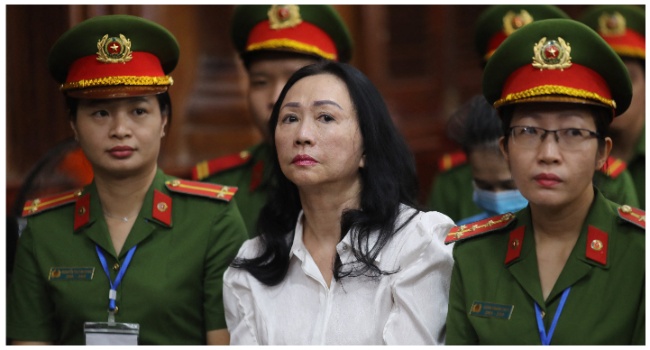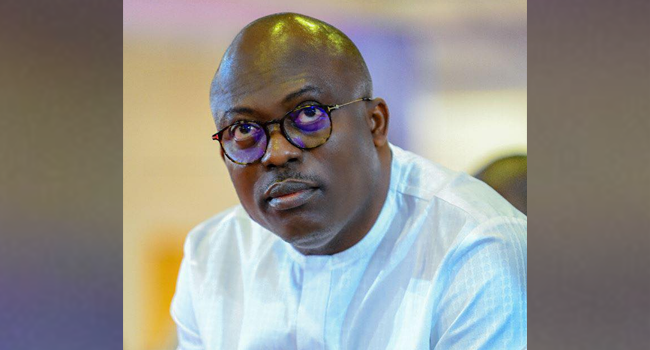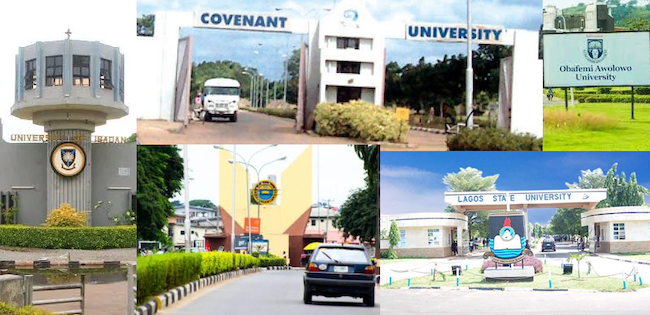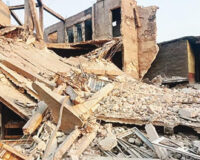Fraud: Court Sentences Vietnam Billionaire To Death
A top Vietnamese property tycoon was sentenced to death on Thursday in one of the biggest corruption cases in history, with an estimated $27 billion in damages. A panel of three hand-picked jurors and two judges rejected all defence arguments by Truong My Lan, chair of major developer Van Thinh Phat, who was found guilty of swindling cash from Saigon Commercial Bank (SCB) over a decade. “The defendant’s actions… eroded people’s trust in the leadership of the (Communist) Party and state,” read the verdict at the trial in southern business hub Ho Chi Minh City. After the five-week trial, 85 others were also sentenced on charges ranging from bribery and abuse of power to appropriation and violations of banking law. Four were given life imprisonment, while the others received jail terms ranging between 20 years and three years suspended. Lan’s husband, Hong Kong billionaire Eric Chu Nap Kee, was sentenced to nine years in prison. Lan embezzled $12.5 billion, but prosecutors said Thursday the total damages caused by the scam now amounted to $27 billion — a figure equivalent to six percent of the country’s 2023 GDP. The court ordered Lan, 67, to pay almost the entire damages sum in compensation. The death sentence is an unusually severe punishment in such a case, although the country is a leading executioner globally, according to Amnesty International. Lan and the others were arrested as part of a national corruption crackdown that has swept up numerous officials and members of Vietnam’s business elite in recent years. She appeared to say in final remarks to the court last week that she had thoughts of suicide. “In my desperation, I thought of death,” she said, according to state media. “I am so angry that I was stupid enough to get involved in this very fierce business environment — the banking sector — which I have little knowledge of.” Protests Hundreds of people began to stage protests in the capital Hanoi and Ho Chi Minh City, a relatively rare occurrence in the one-party communist state, after Lan’s arrest in October 2022. Police have identified around 42,000 victims of the scandal, which has shocked the Southeast Asian country. Among them is Nga, a 67-year-old Hanoi resident who told AFP Thursday that she had hoped for a life sentence for Lan so she could live to fully witness the pain her actions had caused ordinary people. “Many people worked hard to deposit money into the bank, but now she’s received the death sentence and that’s it for her,” said Nga, using a pseudonym to protect her identity. “She can’t see the suffering of the people.” Nga has so far been unable to retrieve the $120,000 she invested with SCB. Lan was accused of setting up fake loan applications to withdraw money from SCB, in which she owned a 90 percent stake. Police say the scam’s victims are all SCB bondholders who cannot withdraw their money and have not received interest or principal payments since Lan’s arrest. Prosecutors said during the trial they had seized more than 1,000 properties belonging to her. Authorities have also said $5.2 million allegedly given by Lan and some SCB bankers to state officials to conceal the bank’s violations and poor financial situation was the largest-ever bribe recorded in Vietnam. Do Thi Nhan, the former head of the State Bank of Vietnam’s inspection team, was sentenced to life in prison for receiving bribes. She said during the trial that millions of dollars was handed to her in Styrofoam boxes by the former CEO of SCB. More than 4,400 people have been indicted during Vietnam’s corruption crackdown, across more than 1,700 graft cases, since 2021. A top Vietnamese luxury property tycoon — Do Anh Dung, head of the Tan Hoang Minh group — was sentenced to eight years in prison last month after he was found guilty of cheating thousands of investors in a $355 million bond scam.













